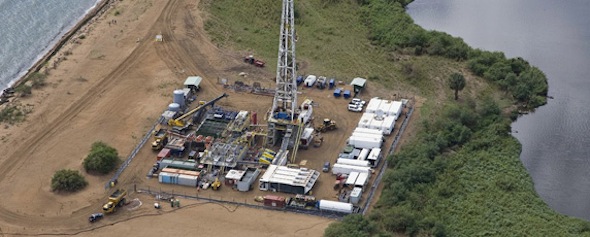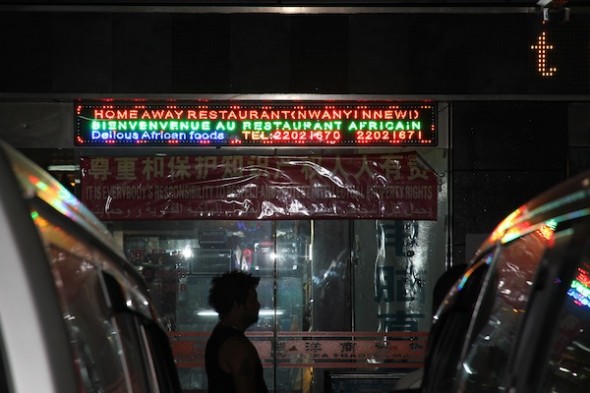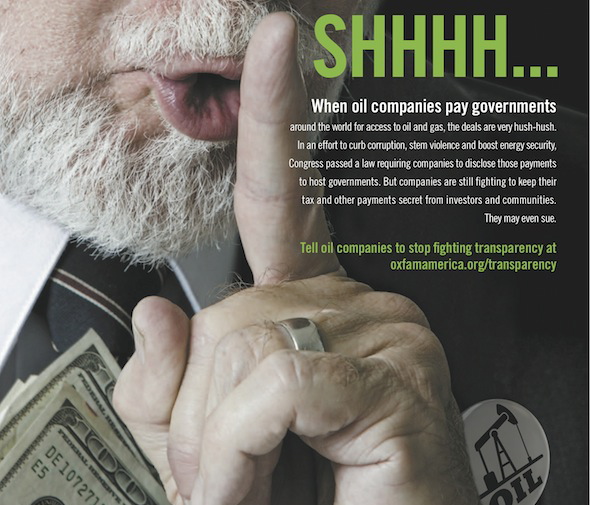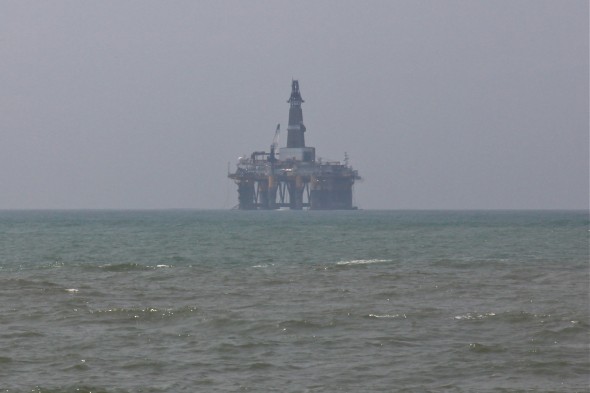Oil, Money and Secrecy in East Africa
Tom Rhodes, the Committee to Protect Journalists’ East Africa Consultant, has written an interesting story on the secrecy surrounding oil development in Uganda, Kenya and South Sudan. Rhodes writes that the inability of journalists to access information and report on contract deals and resource allocation greatly increases the risks for corruption and environmental degradation. Last year I wrote a post on Tullow Oil’s secret deals in Uganda, contrasting that situation to Tullow’s much more transparent operations in Ghana.
After I published that story a Tullow Oil representative contacted me and explained that Tullow’s practices were dictated by local governments. Tullow can be transparent in Ghana because the government wants to be transparent. In Uganda, the official told me, the government does not want contract information published.
Obama win: Dodd-Frank reform and EPA regulation won’t go away
Obama 2012 is not Obama 2008. Divided U.S. Gives Obama More Time, says the New York Times in an article about his “narrow victory”. Early this morning Obama told the crowds in Chicago that “the best is yet to come,” but we all know that — even with the best of intentions — he faces a bitterly divided government, a Republican majority in the House of Representatives and the toxic influence of corporate money on U.S. politics.
But keeping the Romney-Republican agenda out of the White House is significant. Romney had promised to repeal the Dodd-Frank financial reform that includes the important sections 1502 and 1504 that address the use of conflict minerals and oil and gas transparency, respectively. Sections 1502 and 1504 have already helped advanced similar legislation in Europe. And Romney repeatedly attacked the Environmental Protection Agency (EPA) and pledged to undo coal and fuel-economy regulation.
Thoughts on ExxonMobil from China
I’m writing from Guangzhou, China, where I’m spending a few days working with the city’s Nigerian community. This work is not directly related to oil, although it’s not hard to make the connection. The corrosive impact of oil on the Nigerian economy (and society more generally) comes up again and again in conversations.
How many Nigerians have left their country because of its oil-generated “wealth”?
Gloves are off!
There’s something deeply troubling about the notion that, with sufficient money for lawyers and lobbyists, corporations can pressure government officials to undo legislation. The bi-partisan Dodd-Frank financial reform laws were drafted, debated and approved in 2010. As I’ve written in a few recent posts, Section 1504 of this legislation requires oil and gas companies to disclose the amount of money they pay to governments in the countries where they operate (including the U.S.). The idea behind this law is simple: transparency can help those who are working for accountability.
Newt Gingrich and Big Oil: A match made in heaven
I managed to sit through several speeches from the Conservative Political Action Conference. With each speaker aiming to demonstrate that he was more conservative (read extremist) than his predecessor, it was a painful spectacle. “Throwing red meat to the base,” as the pundits say. And at every toss the hungry crowd erupted in raucous applause and cheering.
I don’t usually write about U.S. politics, but I’m making an exception for the completely over-the-top speech by Newt Gingrich. (Don’t you love how this ethically impaired candidate has become a sort of Tea Party darling?) He didn’t talk about his moon colony, but many of his proposals were just as outrageous.
The transparent hypocrisy of big oil
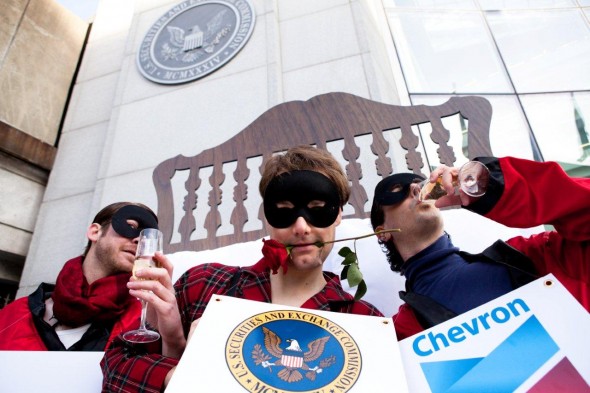
S.E.C. in bed with the oil companies? Oxfam event in front of S.E.C., February 10, 2012. Photo: Oxfam America
Ian Gary at Oxfam America has posted another excellent piece on the shameless hypocrisy of oil companies now pressuring the S.E.C. to water down parts of the 2010 Dodd-Frank financial reform legislation. (Read my blog post from yesterday for more background on this story.) Here’s the article cross-posted from Politics of Poverty:
The yawning gap between the transparency rhetoric of companies and the reality of their actions has never been more apparent than it is now.
The oil and gas industry loves to trumpet their support of international transparency initiatives and their tax contributions to the US government, but when a new law requires them to tell the public exactly how much gets paid to whom around the world, they bring out the lobbyists and lawyers.
Browse through the corporate social responsibility reports of the top oil and gas companies, and you’ll see them singing from the same transparency hymnbook. Chevron says it “believes that the disclosure of revenues received by governments and payments made by extractive industries to governments could lead to improved governance in resource-rich countries.”
Rigged?
Rigged? The Scramble for Africa’s Oil, Gas and Minerals. That’s the title of a new report out from Global Witness, the U.K. based anti-corruption campaigner.
The timing of the report’s publication – a call for increased transparency across the oil and gas industry – could not be better. At this moment, the oil industry is putting heavy pressure on the United States S.E.C. to weaken the parts of the 2010 Dodd-Frank financial reform that require S.E.C. listed corporations to disclose their payments to foreign governments.

